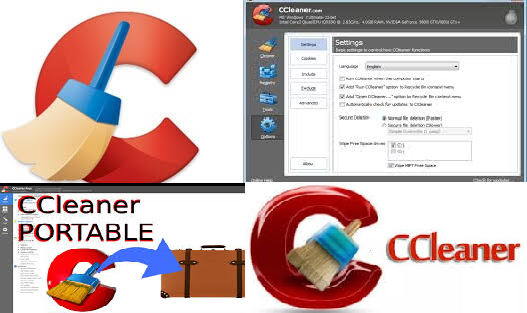To determine “What time is the eclipse in my area,” the timing of a solar or lunar eclipse varies depending on your specific location. The primary factor in determining when you’ll see the eclipse is your geographical position—latitude and longitude—as well as the type of eclipse (partial, total, or annular). Here’s a guide on how you can find out what time the eclipse will be visible from your area:
1. Know the Date and Type of the Eclipse
The first step in figuring out what time the eclipse will occur is knowing the specific date and type of eclipse. Different types include:
- Solar Eclipse: When the moon passes between the Earth and the Sun, blocking the Sun’s light either partially or fully.
- Lunar Eclipse: When the Earth passes between the Sun and the Moon, casting a shadow on the Moon.
Once you know the date, you can look for information specific to that event.
2. Check a Reliable Source for Local Timing
There are multiple sources available online that provide detailed timings of eclipses based on location. These include:
- NASA’s Eclipse Page: NASA often provides a detailed map with timings for each eclipse. You can enter your location or view a global map to see what time the eclipse will be visible.
- TimeandDate.com: Another reliable website for astronomy events, Time and Date allows you to enter your city or zip code to get exact local times for the start, peak, and end of the eclipse.
3. Use Eclipse Maps and Calculators
Many websites and apps offer interactive eclipse maps where you can input your location to see the exact time of the eclipse. Some of these platforms even allow you to follow the shadow of the eclipse in real-time, showing how the event will unfold at your specific location.
4. Understanding the Different Stages of an Eclipse
The timing of an eclipse is broken down into several phases, each of which can be observed (weather permitting):
- Partial Eclipse: This is when the eclipse begins, and the Moon starts to move in front of the Sun (solar eclipse) or into the Earth’s shadow (lunar eclipse).
- Total Eclipse (if applicable): For a total solar or lunar eclipse, this is when the Sun or Moon is fully covered. This phase is often short, sometimes only a few minutes for solar eclipses.
- Maximum Eclipse: This is the peak of the eclipse. It happens when the largest portion of the Sun or Moon is obscured.
- End of Eclipse: As the Moon moves away, the eclipse will gradually end with the Sun or Moon returning to full visibility.
5. Account for Time Zone Differences
Eclipses occur globally, but the times are often given in Universal Time (UT). You’ll need to convert this to your local time zone. For example:
- Eastern Standard Time (EST) is UT-5 hours.
- Pacific Standard Time (PST) is UT-8 hours.
6. Factors Affecting Visibility
The time of the eclipse is important, but you should also consider local factors like weather conditions, altitude, and surrounding landscape. Even if the eclipse happens at a certain time, heavy cloud cover could block the view. Additionally, the horizon or nearby structures could obstruct the eclipse if it’s happening during sunrise or sunset.
Example for a Solar Eclipse in 2024
Suppose you live in New York City, and there is an annular solar eclipse happening on October 14, 2024. According to sources like NASA or TimeandDate.com, you could look up the following information:
- Start of Partial Eclipse: 12:15 PM EDT
- Maximum Eclipse: 1:22 PM EDT
- End of Partial Eclipse: 2:35 PM EDT
This information would provide you with a window of time to observe the event, weather permitting.
Conclusion
To find out exactly what time the eclipse will occur in your area, you need to:
- Identify the type and date of the eclipse.
- Use online tools such as NASA’s Eclipse Page, Time and Date, or specialized apps.
- Adjust for your local time zone.
- Consider local weather and visibility conditions.
With this information, you can plan ahead to ensure you don’t miss out on witnessing these spectacular celestial events!
Read more:
1= https://rapidurlindexer.net/blogs/what-are-the-seven-deadly-sins/
2= https://rapidurlindexer.net/blogs/what-are-the-7-continents/
3= https://rapidurlindexer.net/blogs/what-time-are-the-football-games-on-today/
4= https://rapidurlindexer.net/blogs/the-ten-commandments-a-guide-to-moral-and-ethical-living/
5= https://rapidurlindexer.net/blogs/what-time-is-the-eclipse-in-my-area/



